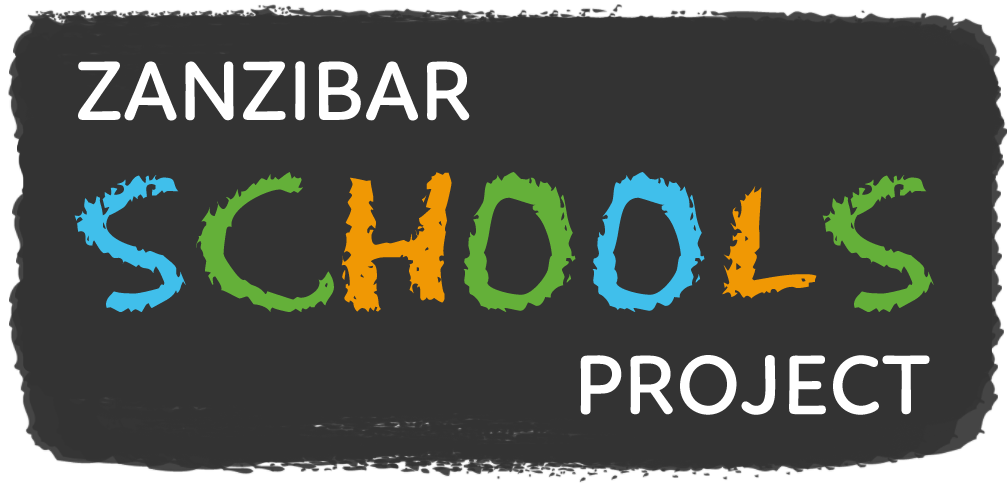Monday November 23: Today we're on our own! Feroz and Hassan have gone to the mainland of Tanzania and we have programmed into our local phone a list of people who can help with various emergencies ranging from lack of electricity (go and buy some more from the shop at “Jaws Corner”), theft of wing mirrors (talk to the lawyer) and medical issues (talk to the Minister of Health).
Our plan for the next four weeks is to cover the past, present, future and conditional tenses with the teachers and the intermediate class.
We explain the plan to the teachers and they seem to agree that this is a good idea. We start by getting the teachers to ask their colleagues 3 questions relating to what we had taught the previous week and it becomes clear that we have to go more slowly than anticipated (pole pole as they say in Swahili). Nevertheless we do get onto a new subject and the teachers work in break out groups to come up with a list of “Commitments” that they agree are a good foundation to the class. Interestingly they all agree that punctuality is a priority, but we haven’t seen much of that yet!
TERMS OF COMMITMENT
Please be on time
Everyone must speak loudly and clearly
Please speak English in the classroom
Don’t leave the classroom
Please join in every exercise
Please put your mobile phone on “Silent”
Don’t laugh at each other in the classroom
Tuesday November 24: “The Terms of Commitment” seem to be working. Some teachers even turn up early and we're able to start quite close to 10am. We're on “English time” not “Swahili time”. Now we have to motivate the kids to arrive on time. They're very keen to have their photos taken and love watching pictures of themselves on the class TV.
Wednesday November 25: Caroline's managed to get “The Lion King” into a suitable format for showing, so we can finally leave “Frozen” and the snowman behind us. Unfortunately the song “Do you want to build a snowman” has embedded into our heads... The students clearly prefer “The Lion King” and the songs are currently less annoying than “Frozen”.
Thursday November 26: The day starts with an earnest conversation between Gasica, the Head and the Deputy Head. It turns out that the school is unexpectedly re-opening on Monday. But only for 2 weeks. The teachers say that they are sad that lessons will be suspended. We agree that we will teach Standards 5, 6 and 7 next week. We have no idea what that means in practice or how many students there will be. Many of the students in our intermediate class are not from the primary school but seem to come from the community (there is a fisherman) and from the secondary school opposite (which is also closed). They say they really want lessons to continue so we agree to continue a class for one hour at 1pm (English time).
The teachers end the week with a flourish. After a week of concentrating on the present simple and present continuous tenses, they are able to practice teaching to each other.
We take tins of fish and crackers for lunch which intrigues the women teachers. They are concerned it’s not enough and can’t imagine buying fish in a tin. They haven’t tried crackers before and are happy to give them a go.
A heavy downpour just at the start of the afternoon class results in a drop in attendance, but it picks up when the rain stops. The beginners are showing real improvement and crack through “10 Green Bottles”, the alphabet, daily routines, clapping action songs, simple additions and subtractions. Attention lapses at 2.50pm so the class ends with the Hockey Cokey.
Friday November 27: Gasica is impressed with the teaching methods and wants to introduce them to his teachers at PLCI this weekend. He collects examples of all our materials for photocopying and takes “The Lion King”, “Frozen” and “Winnie the Pooh” away with him.
